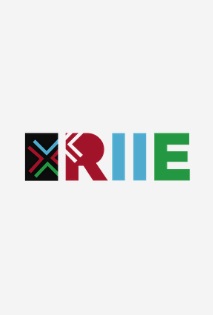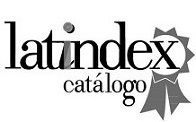Adult and youth literacy programs in the face of shut downs during the COVID-19 pandemic
DOI:
https://doi.org/10.30972/riie.13176121Keywords:
adult literacy - digital technology - pandemic - literacy programmersAbstract
This article argues that although the closure of schools during the Covid 19 emergency and the transfer of education to the home generated an unstable and challenging situation for the directors, teachers and students of the regular educational systems, for the literacy courses and the education of young people and adults (EPJA) the challenge was even greater due to the already precarious working conditions of these educational systems. Given the urgency, in some countries program providers sought to give continuity to the educational programs. Efforts to achieve this evolved during the pandemic included different uses of digital technologies. The authors conclude that while we have seen in the Latinamerican region an important migration to digital environments, the use of videos and educational television, this has not resulted in substantive innovations in conceptualizations and educational activities for adult literacy programs.Downloads
Download data is not yet available.
Downloads
Published
2022-09-12
How to Cite
Carvajal, E., & Kalman, J. (2022). Adult and youth literacy programs in the face of shut downs during the COVID-19 pandemic. Revista Del Instituto De Investigaciones En Educación, 13(17), 111–123. https://doi.org/10.30972/riie.13176121
Issue
Section
Sección especial: Laboratorio de Educación, Tecnología y Sociedad: 15 años de trabajo
License
Aquellos autores/as que tengan publicaciones con esta revista, aceptan los términos siguientes:
- Los autores/as conservarán sus derechos de autor y garantizarán a la revista el derecho de primera publicación de su obra, el cuál estará simultáneamente sujeto a la Licencia de reconocimiento de Creative Commons que permite a terceros compartir la obra siempre que se indique su autor y su primera publicación esta revista.
- Los autores/as podrán adoptar otros acuerdos de licencia no exclusiva de distribución de la versión de la obra publicada (p. ej.: depositarla en un archivo telemático institucional o publicarla en un volumen monográfico) siempre que se indique la publicación inicial en esta revista.
- Se permite y recomienda a los autores/as difundir su obra a través de Internet (p. ej.: en archivos telemáticos institucionales o en su página web) antes y durante el proceso de envío, lo cual puede producir intercambios interesantes y aumentar las citas de la obra publicada. (Véase El efecto del acceso abierto).






.jpg)




